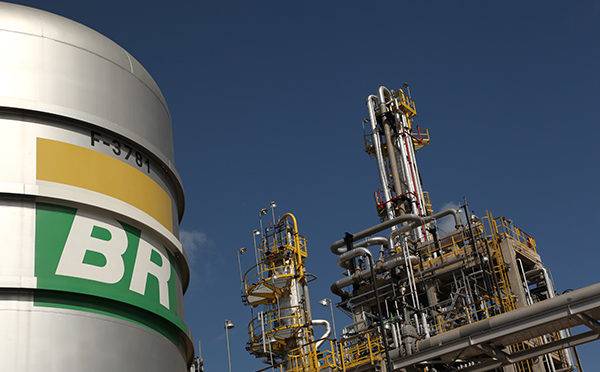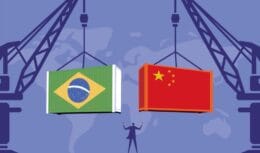
Studies carried out by Leggio say that sales from Petrobras refineries are not enough to generate competition in the oil and gas market, and may be further away than expected
Last year, Petrobras placed the sale of its stake in eight refineries. However, the idea of market competition in the oil and gas sector may be further away than one might think. Study done by Leggio says that the sale is not enough to generate competition in this market.
You may be interested in:
- 11 job openings for expansion works at Bracell factory secured after intense negotiations in Davos
- World leader in the pulp and paper market, Suzano opens a gigantic selection process for several regions of Brazil
- Icon Energy requests professionals for job vacancies in Rio Grande do Norte
The study says that this will only actually happen if there is an expansion of the infrastructure for moving fuel in pipelines, railroads and ports, because only then will the products produced by the refineries be able to reach the consuming regions.
A Petrobras, when he built the eight refineries that are now for sale, he did not design them to compete with each other, as they were located miles apart from each other. Therefore, for the product to be distributed throughout the country, it would also be necessary to optimize the country's infrastructure.
To give you an idea, in Bahia, the handling capacity of the Aratu port terminal represents only 5% of the production volume of the then refinery offered for sale, the RLAM, which limits competition with another product, from another origin, in this Marketplace. In Rio Grande do Sul there is the same dilemma. The Port of Rio Grande is far from the Refap refinery and there are no terminals on the north coast of the state or south of Santa Catarina.
To resolve issues such as those cited, the alternative to competition would be competition with fuel transported from other refineries via highways, but limited by cost.
The increase in cabotage transport, the expansion of port infrastructure and the internationalization of products via pipelines and railroads are fundamental aspects according to the study carried out.
Another important point would be the expansion of the “BR do Mar” program, which today focuses on container transport, with specific measures to reduce cabotage costs for liquid bulk, whether fuel or chemicals.











